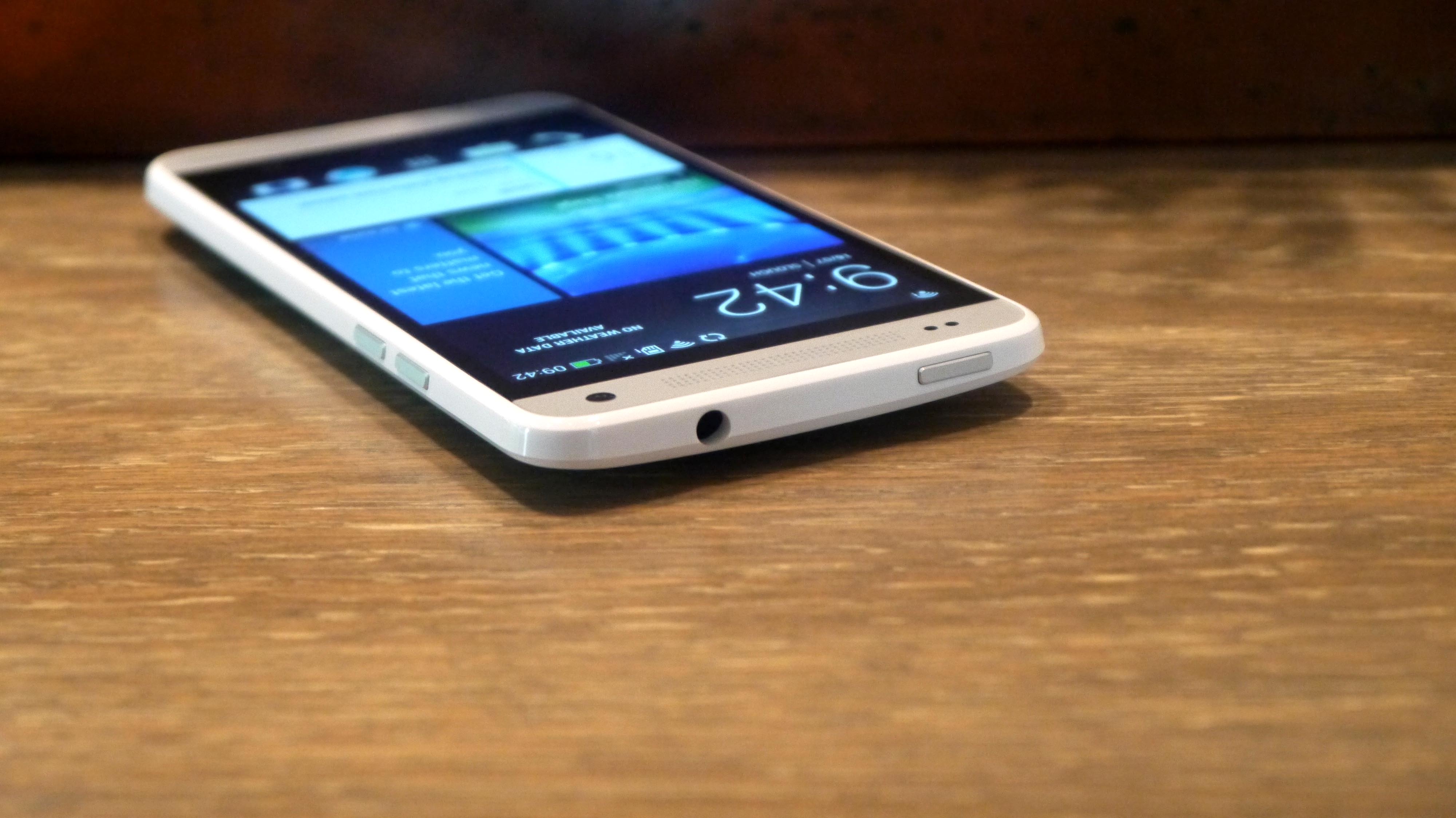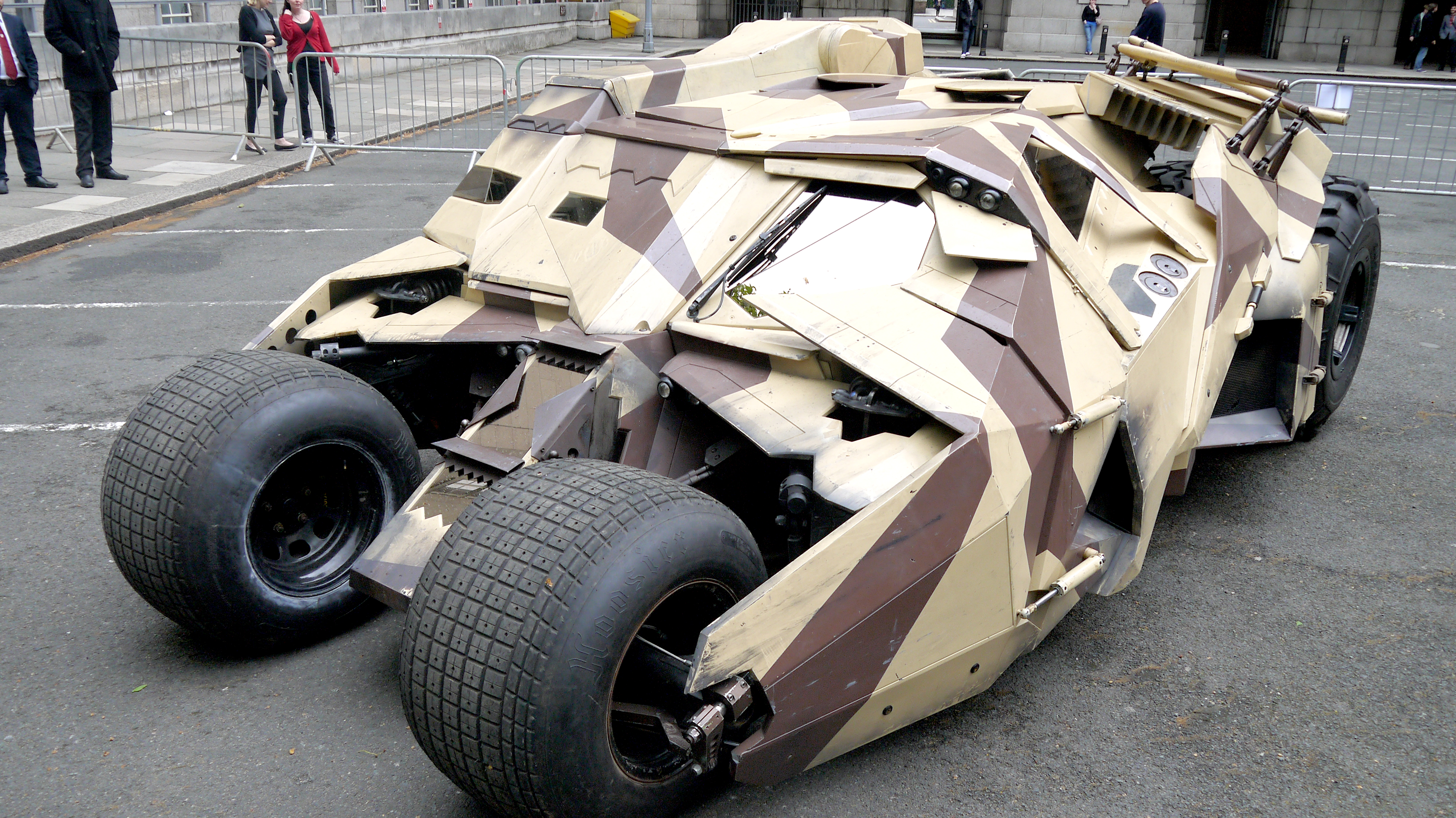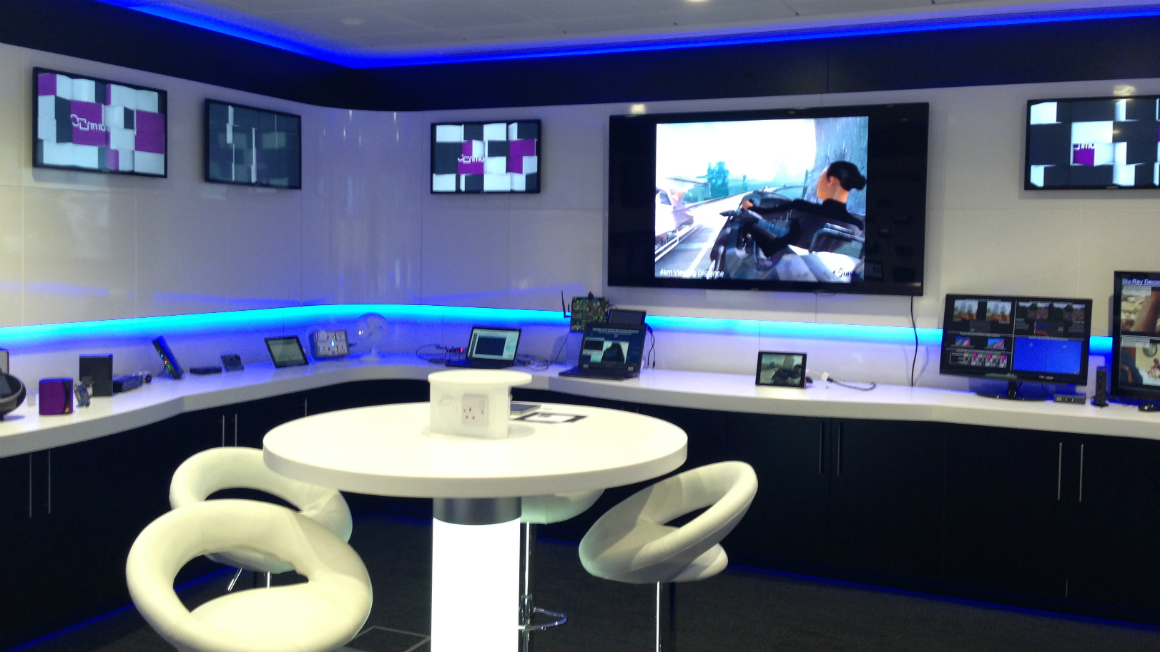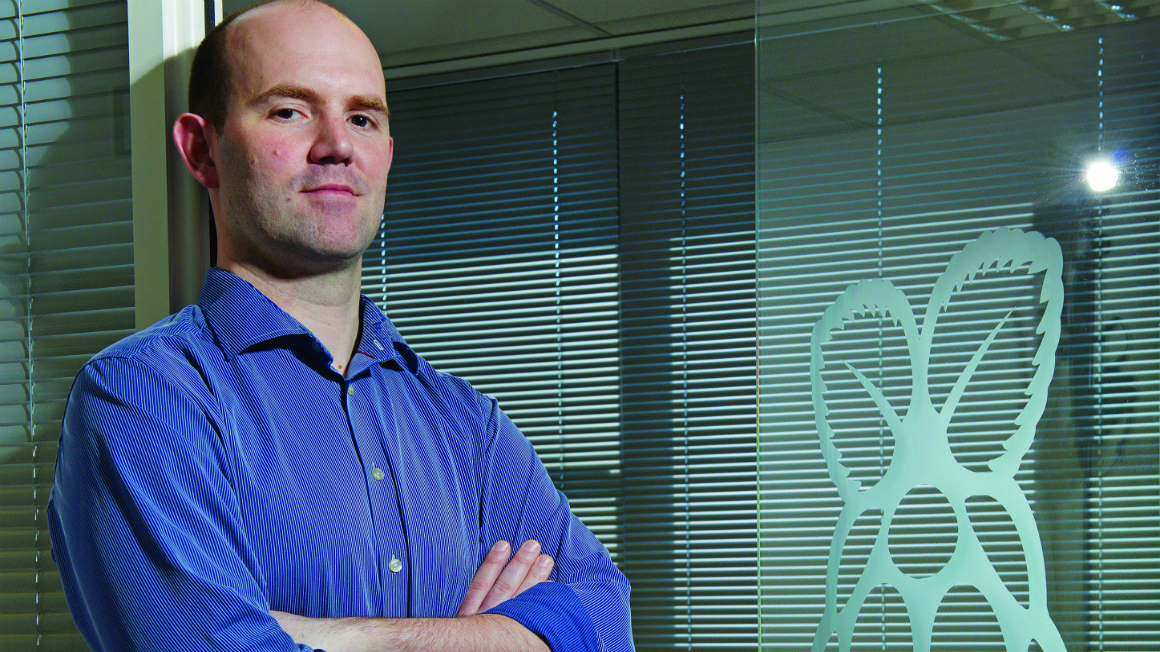The HTC One goes Mini while Brits go big
Excellence comes in many sizes: smaller than an HTC One, or as big as a country

Sign up for breaking news, reviews, opinion, top tech deals, and more.
You are now subscribed
Your newsletter sign-up was successful
The HTC One is a cracking bit of kit, but even a five-star phone can't be perfect for everyone. It's too bulky, some say; it's too pricey, say others.
If you're inclined to agree, then we've got good news: from next month you'll be able to get all the fun of the One in a smaller, more affordable package. It's called the HTC One Mini, and it's a little cracker.
Let's ask resident phone guru Gareth Beavis some questions. Is it better than a Galaxy S4 Mini? It is! Does it feel as premium as its big sister? It does!
Has HTC taken some bits out? It has! Specifically, "there's no NFC chip, the CPU is a Snapdragon 400 dual core option clocked at 1.4GHz, and the screen has been shrunk to 4.3 inches and a 720p resolution." The battery's more modest too. Nevertheless, the Mini has "all the bits it needs to be a winner."
Here come the Brits
The word Mini doesn't just make us think of phones, of course. It makes us think of the miniskirt and the Mini car, and they make us think about Britain, and that makes us think about BATMAN!

Batman? Yes! It's Brit Week on TechRadar and we've been celebrating the best bits of British tech - and that includes the Tumbler, the Dark Knight's version of the iconic Batmobile. As Gareth Beavis explains, while the Tumbler may have lived in Gotham City, "it was actually designed, built and mostly used in Britain".
It's real, too: it isn't just a bodykit with a normal car hidden underneath. As senior special effects technician John Holmes told us, "It is a Batmobile." The whole story's fascinating, and the photos are great too.
Sign up for breaking news, reviews, opinion, top tech deals, and more.
If you're looking for a real-life equivalent of Batman's tech guru Lucius Fox, you'll probably find him in Britain too: as Patrick Goss explains, Britain has more than its share of "inspirational thought leaders and companies making a difference".
Imagine the possibilities
One such company is Imagination Technologies, which designs the architecture for graphics chips. The company is like "some sort of gadget funhouse," Hugh Langley reports. "The walls are covered in phones, tablets and TVs, while radios scatter the benchtops.
"Everything with a screen is powering some sort of graphics demo, it's hypnotising. Of course, these are all products in which Imagination's handiwork can be found, and suddenly it's difficult to ignore the extent of Britain's technology reach."

Imagination isn't resting on its laurels, though. It's looking to the future, and that future may involve ray tracing graphics.
"Not only does it produce stunningly lifelike graphics, it does so at astonishing speeds. This increases the efficiency of graphics rendering by a significant magnitude, cutting costs as well as time. "Tasks that once took 15 minutes due to the requirement for manual input can now take 15 seconds."
The tech is still three to five years away, but it'll be "used in everything from games to Hollywood movies" and even Augmented Reality.
A Pi full of potential
We couldn't have a Brit Week without mentioning the Raspberry Pi, the little computer that's doing very big things. As Hugh Langley explains, "Right now Pi is enjoying gradual world domination, spreading its message to the masses and showing a new generation of kids why coding is a lot easier and more interesting than they probably think."

The Raspberry Pi is doing great things, but it's swimming against a tide of cynicism: as Patrick Goss says, when we speak to luminaries of the British tech and gaming scenes, "there is one particular thing that a surprisingly number of those questions brings up, often completely unprompted, and that is the British attitude towards success."
We're awfully good at taking people "down a peg or two", but when there's something to sing about we're strangely silent - possibly because we're scared of seeming arrogant.
That needs to change, says Goss. "If we start supporting those on the pedestals and giving the 'swots' the credit they deserve, there is absolutely nothing to stop Britain becoming a regular at the top table in both technology and gaming."

Contributor
Writer, broadcaster, musician and kitchen gadget obsessive Carrie Marshall has been writing about tech since 1998, contributing sage advice and odd opinions to all kinds of magazines and websites as well as writing more than twenty books. Her latest, a love letter to music titled Small Town Joy, is on sale now. She is the singer in spectacularly obscure Glaswegian rock band Unquiet Mind.